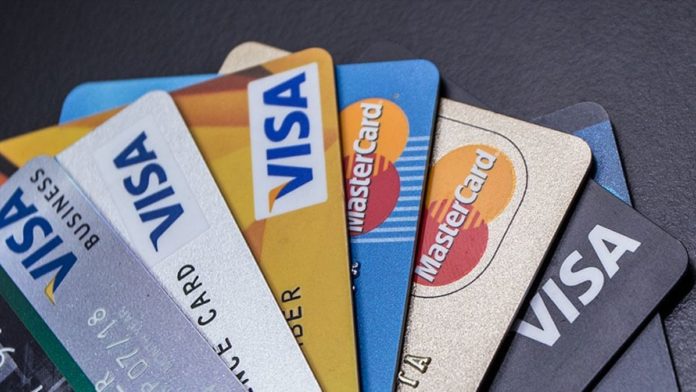As part of its promotional campaign, an underground payment card shop dubbed ‘BidenCash’ has released a data dump of more than 1.2 million credit cards on the dark web for free.
The leaked information includes customer’s details such as credit card number, expiration dates, 3-digit card verification value (CVV) number, cardholder’s name, associated bank name, card type, physical address, email address, Social Security number, phone number, according to a report by BleepingComputer.
This free data dump of 1,221,551 credit/debit cards can be used by threat actors to carry out phishing campaigns, financial fraud, and even identity theft.
While most of the credit cards belonged to users from the United States, the remaining belonged to users from Australia, Brazil, China, India, Italy, Mexico, Spain, Turkey, and the United Kingdom.
Further, most credit cards have expiration dates between 2023 and 2026, which means they are still valid.
Table Of Contents
What Is BidenCash?
For the unversed, BidenCash is a platform for exchanging and trading payment card data that are illegally obtained using a variety of website skimmer and infostealer malware attacks.
This new carding site established its presence in the underground in April 2022 but kept its offerings lowkey, as its set-up wasn’t ready to cater to large-scale operations.
It, however, came to the limelight in June 2022 for leaking credit card details containing customer names, addresses, phone numbers, emails, and credit card numbers for free to advertise its platform.
Motive Behind BidenCash’s Free Giveaway
BidenCash’s original shop domains were recently targeted in a distributed denial of service (DDoS) attack. In response, it launched new URLs late last month.
To ensure that the new URLs for the service reach as many cybercriminals as possible, the hackers distributed the data dump free of charge via a clearnet domain, as well as through other hacking and carding forums.
Authenticity Of The Data Dump
Most of the time, the dark web credit card dumps are usually frauds, as these have fake or old data that has been recycled and promoted under a new name.
However, the authenticity of the data dump has been confirmed by multiple sources, including threat intelligence Cyble and Italian cybersecurity firm, D3Labs.
According to D3Labs, roughly 30% of the credit cards have never been shared before on the deep and dark web, which means around 350,000 cards could still be valid.
How To Stay Safe
To protect your credit card from threat actors, verify that the website you are entering your credit card details is legit. Pay careful attention to charges made on your cards and notify your bank immediately of any suspicious transactions so that they can block the card.
Further, adding protections such as validating certain purchases or setting up charging limits wherever possible can prevent cybercriminals from using stolen cards.
Lastly, enable MFA (Multi-Factor Authentication) as well as notifications/alerts for critical activities to protect your e-banking account.

